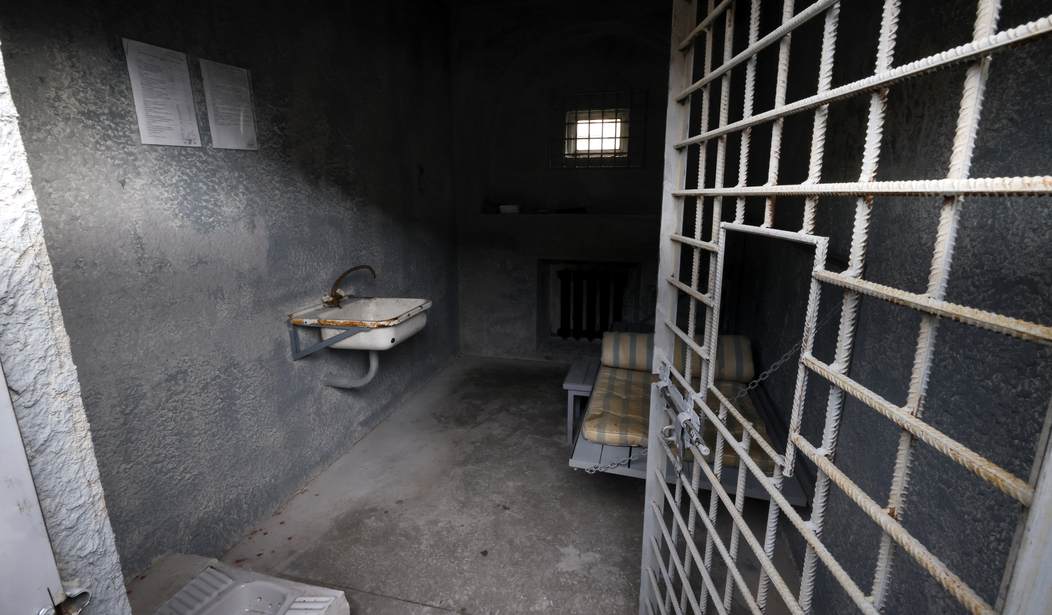I remain an odd one to be writing about the state of America's urban areas. If you've been reading my work at all in recent weeks and months, you know I grew up in a rural setting in Iowa and am a happy rural dweller myself now. I have little time for cities, despite having lived in them for four decades. I find them unpleasant; crowded, noisy, and, to be honest, they stink. I like the clean country air of Alaska's Susitna Valley, and if that means I have to put up with the sub-Arctic winters and long winter nights, that's fine.
With that being true, why am I still worried about America's cities? Because our cities are the beating hearts of our nation. Much of the country's economic activity happens there. Urban areas contain a lot of the country's industry and academia. What's more, our cities used to be the pride of the nation, but that's not so much the case anymore. Rampant open-air drug use, huge homeless encampments, and rampant crime, including rioting against federal immigration officers, are taking their toll.
Case in point: Too many of our major cities are plagued by revolving-door justice systems, where judges, prosecutors, and district attorneys seem to spew violent criminals back out onto the street as fast as they come in. Here are three examples:
Sahara Dula, who intentionally struck a New York Police Department officer with her car after shouting anti-police remarks, was under the influence of marijuana. During her arrest, she admitted to hitting the officer on purpose. She pled guilty to second-degree assault, which is almost certainly a plea-bargain, although that's not clear from the reporting. Amazingly, Dula actually received prison time - two years, for what should have been prosecuted as assault with a deadly weapon, or attempted homicide.
Clive Porter, who had over 50 prior arrests on his record before allegedly striking a 45-year-old man in the face on a Manhattan subway platform, causing him to fall onto the tracks. Porter reportedly yelled an anti-Asian racial slur at his victim during the attack. When arrested, Porter reportedly admitted to four other attacks that same day.
Trivius Crouch was released after allegedly attacking a woman at gunpoint. He was out on bond at the time of the attack. This was Crouch's ninth arrest in Mecklenburg County, North Carolina.
We should point out as well some higher-profile cases, like the attack on Iryna Zarutska in a North Carolina commuter train by one Decarlos Brown Jr., who had multiple arrests on his record, as well as a record of mental illness, and he was released again and again onto the street, until he finally committed a heinous murder of an innocent girl.
I could go on at some length, but you get the point.
An October 2025 Gallup poll claims people's concern over crime is decreasing, but the numbers revealed are still shocking: 49 percent of respondents viewed crime as a serious and increasing problem, while 31 percent reported being afraid to walk alone at night in their own neighborhood. Those are not numbers one should see in a civilized country.
Read More: The Downfall of America's Cities: City of Rats
The Downfall of America's Cities: Are Our Cities Self-Destructing?
This is a preventable problem. A majority of crimes of violence are committed by a minority of criminals, and these are the criminals that should be dealt with by imprisonment, not counseling, not probation, not community service. Juveniles and youthful offenders, in our cities, cause up to 40 percent of all violent crime, and are often treated with inappropriate leniency by prosecutors and judges.
The problem is that too many of these district attorneys and prosecutors are elected officials. Why is that a problem? Because, again, in too many areas, these people are voted into place by fuzzy-headed liberal constituents who are, for whatever reasons, insulated from the effects of these bad policies. Take the major cities of America's West Coast, where elections are heavily influenced by coastal elites in gated communities who have very little idea of what is going on in the rest of the city, nor do they seem to care.
It is the primary role of the government to protect the liberty and property of the citizens. In too many of these cities, the officials charged with that protection are failing.
What can be done? Nothing, until the voting habits of the people in those cities change - or until a superseding state or federal law makes certain changes, like minimal sentencing requirements.
Crime in our cities is a problem because criminals have been taught not to fear capture - and certainly not to fear the honest citizens. If arrested, they presume, correctly in most cases, that they will be back on the block quickly, very often the next day. If arraigned, they presume, correctly in most cases, that they will be offered a sweetheart plea deal. If pleaded out or even convicted, they presume, correctly in most cases, that they will get a token sentence, some probation, maybe some community service.
These problems in our cities won't end until one primary thing happens: Every person with any criminal intent, any person who would contemplate preying on a citizen, should be stopped by a nerve-shredding fear of the consequences that would ensure on their capture. The fear that dwells in the hearts of too many people in our major cities must be transplanted to the hearts of their attackers, to the hearts of those who would defile the liberty and property of the citizens.
That can be done with vigorous prosecution and harsh sentencing. It can also be done with liberalized (in the original sense) concealed-carry laws. Ideally, it should be both. That might make the streets of our major cities livable and safe. The current practices sure aren't doing it.














